Author // Emily Rozmus Friday, 10 January 2025
Educators will spend many hours in required professional development over the years of their teaching career. According to researcher Lisa Scherff, professional development is usually one size fits all, and the workshops, lectures, and seminars don't necessarily lead to change in teaching or learning. In addition, it can be very costly.
In contrast, professional learning is tailored to the needs of the educator. It fosters new practices as adults take ownership of their learning and apply it in the classroom. Professional learning takes teacher agency into consideration—the idea that teachers are well equipped to be proactive and intentional about their professional growth.

Adults are experienced learners. They know what they need to be successful while honing new skills or adding information. When it comes to effective professional learning, the Adult learning theory lists characteristics such as self direction, learning by doing, and learning by building on what is already known. In addition, the Every Student Succeeds Act cites sustainable, collaborative, and classroom-focused as some of the essential characteristics of quality professional learning.
Start off the new year using a collaborative, teacher-driven approach to professional learning. Communities of practice are formed by individuals with a common problem or interest who come together to fulfill goals. Online or in person, these communities focus on sharing best practices and building knowledge. These organic groups present opportunities for deeper connections and lasting support.
Communities of Practice in Practice
Implementing communities of practice is an important part of creating meaningful learning. With communities of practice, schools can
Even better, the collaborative groups require no fees or additional spending. Districts and building leaders, departments, or teacher-based teams can organize their own community of practice using helpful resources. This slide deck summarizes the implementation process found on the Edmonton Regional Learning Consortium site. Following the steps, the group can be sure that all needs are met for a successful outcome.
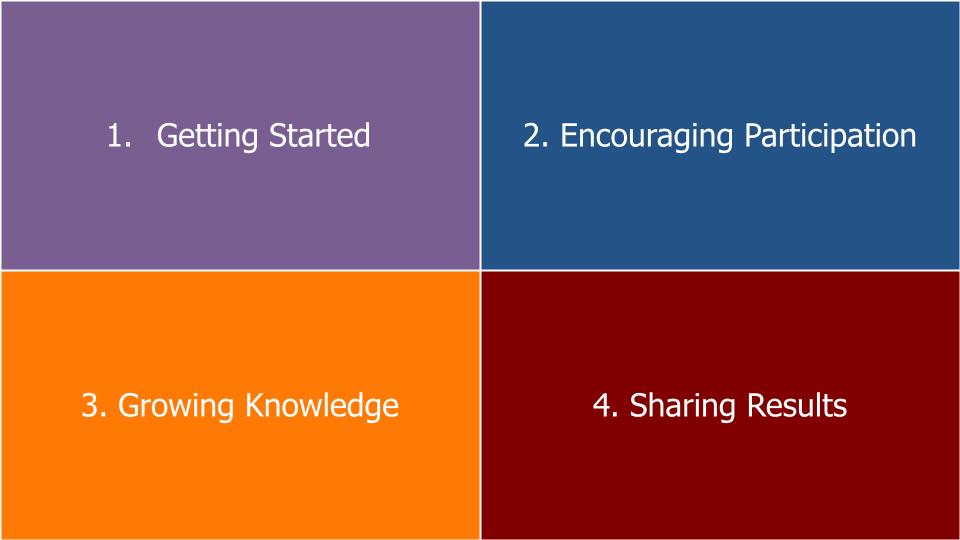
In addition, essential questions on page 11 of Exploratory Research on Designing Online Communities of Practice for Educators to Create Value from the United States Department of Education, Office of Educational Technology are available to help design the learning experience. This handout provides designers and groups an easy way to brainstorm using these questions during the community's development.
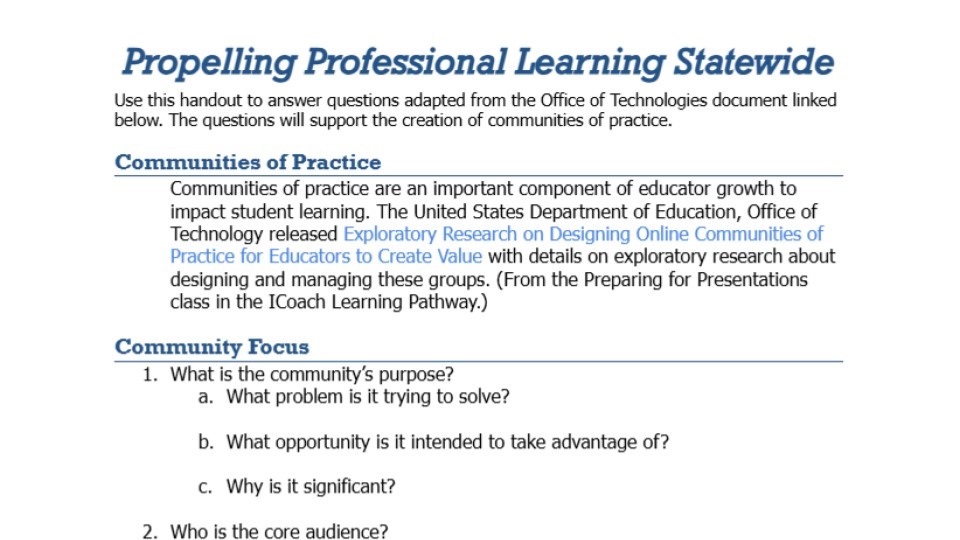
Once a group has been established and a concept or topic determined, use INFOhio to find materials to study or explore to build knowledge. INFOhio has purchased more than 800 professional learning eBooks and videos to support key topics such as project-based learning, literacy, educator wellness, and content area instruction. To find these easily, use Educator Tools.
Educator Tools is a repository of licensed and purchased content, including eBooks, videos, training materials, lesson plans, and reproducibles. A keyword search is a great way to start.
Use the filters on the left to narrow results, making it easy to find just the right eBook to use for a community of practice in your school or district.
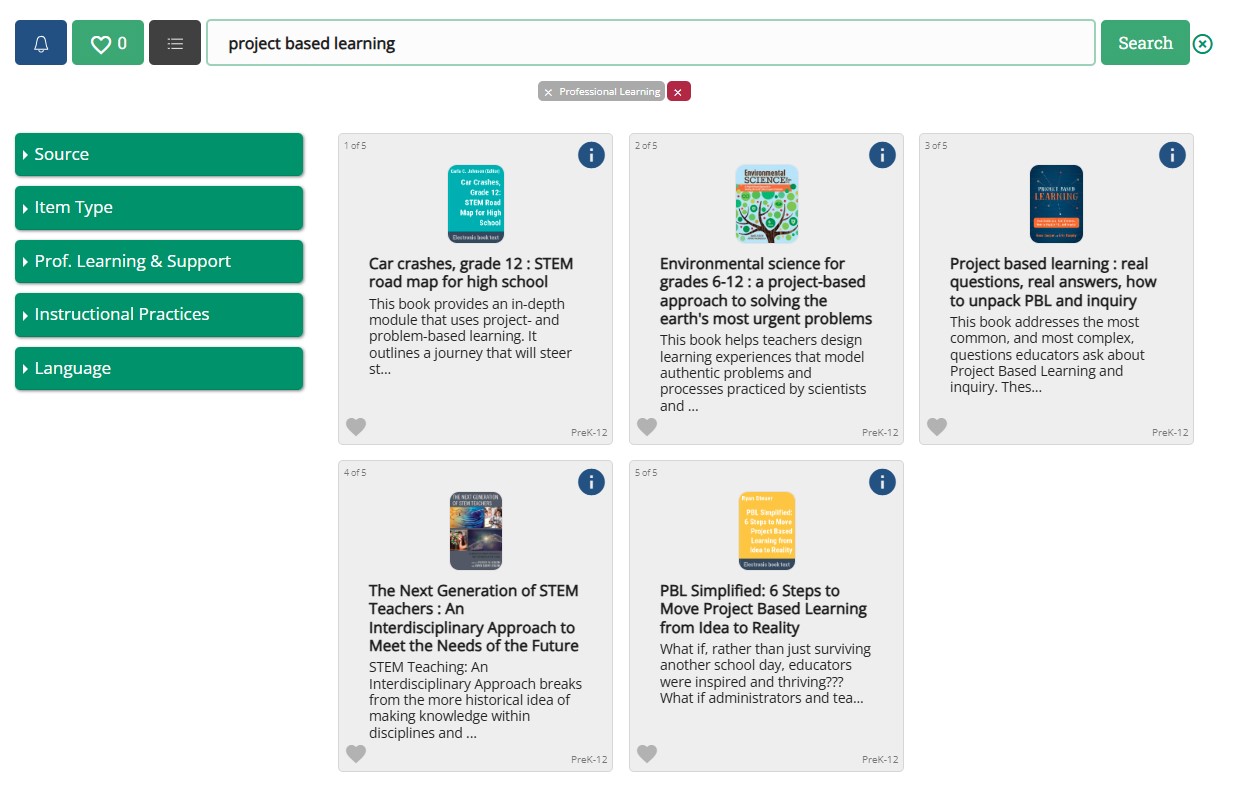
The eBooks are unlimited and simultaneous use. This is ideal for a group of educators, each person reading their own "copy" of the title with no purchase required. Learn more about ways to customize your reading experience with INFOhio's professional learning ebooks in the INFOhio Learning Pathway class, Quality eBooks from INFOhio to Supplement the Curriculum.

Using INFOhio eBooks for Deeper Learning
One benefit of communities of practice is the deep dive participants take into the topic or concern. The learning group is usually smaller as well. This allows for better discussions, more sharing, and greater connection. Because professional learning is not a one-size-fits-all approach, this type of professional growth is designed to lead to changes in teaching and learning.
An example of a community of practice using INFOhio's materials is Study Buddies implemented in the INFOhio ICoach program. At the beginning of 2024, a small group of educators met every other week to discuss information literacy and the eBook, Developing Digital Detectives: Essential Lessons for Discerning Fact from Fiction in the "Fake" News Era by Jennifer LaGarde and Darren Hudgins.
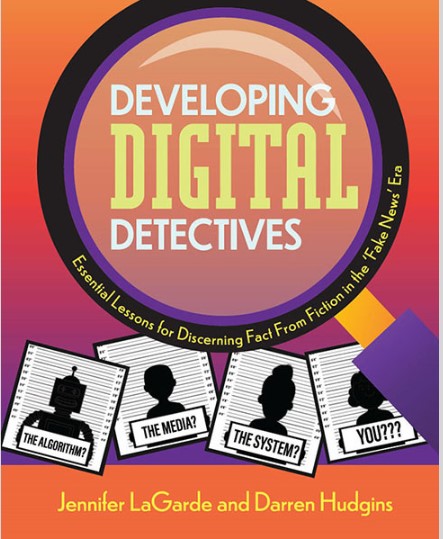
Let's take a look at how we answered some of the questions from Exploratory Research on Designing Online Communities of Practice for Educators to Create Value to get started:
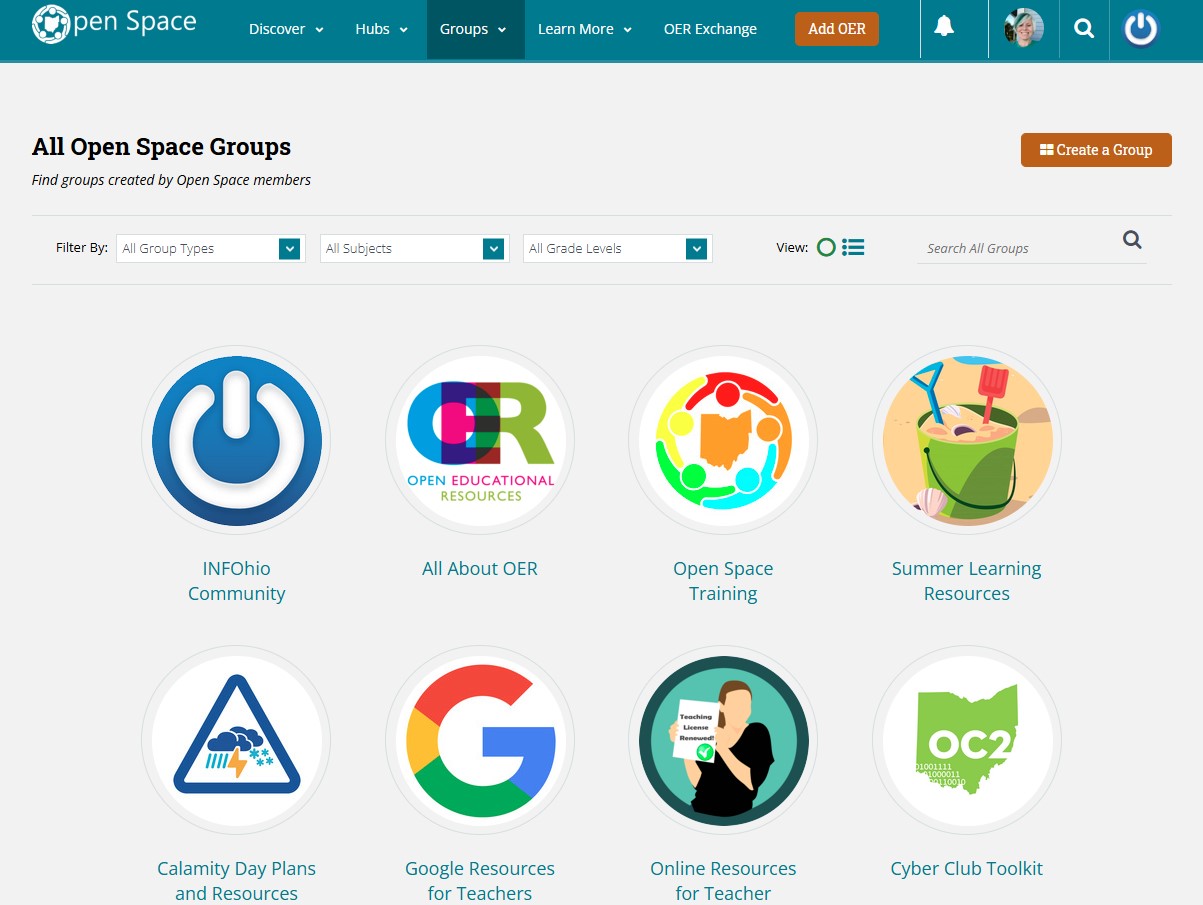
The initial project has continued to grow, and with more than 800 professional learning eBooks and videos available from INFOhio, there are many topics educators can learn more about with a group of like-minded peers.
Here are additional topics of interest and eBooks that support them.
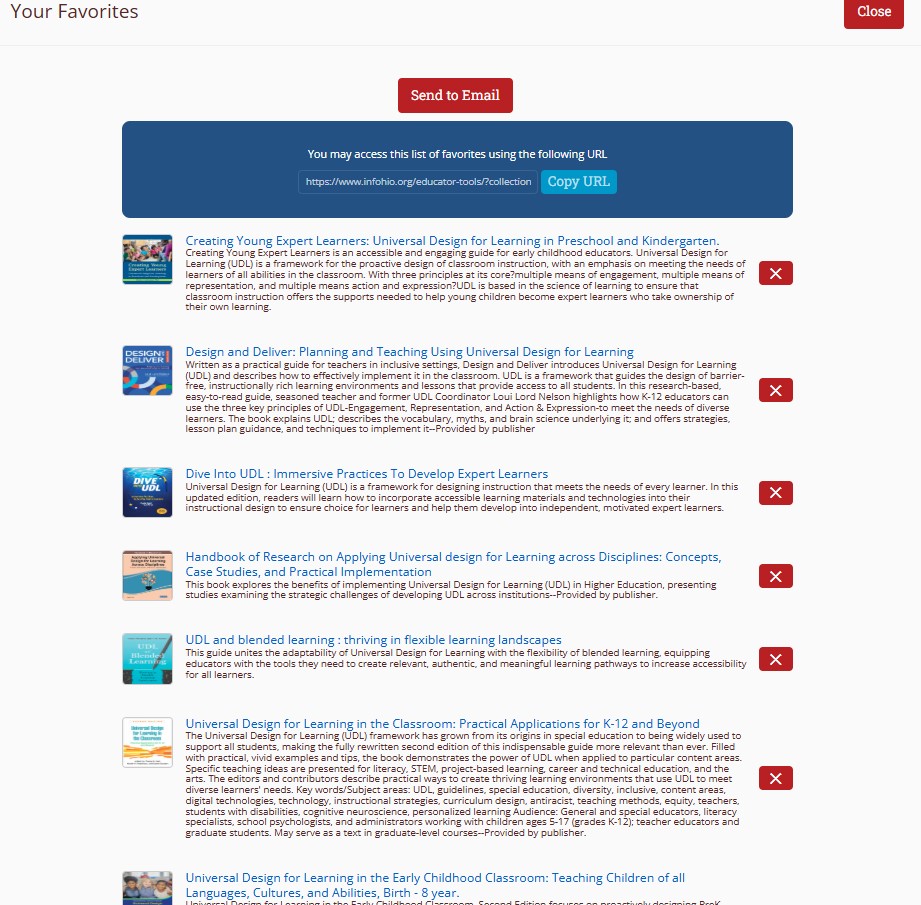
Be sure to conduct your own searches in Educator Tools to find materials to support your own community of practice! Need help? Contact us at support.infohio.org. We are here to help!
Emily Rozmus is a Senior Instructional Specialist at INFOhio. She has worked in education for more than 30 years, first as a secondary English teacher and district librarian before starting at INFOhio in 2013. Emily has developed district growth plans, integrated technology, created instruction for information literacy, fostered teacher development, and worked on teams to implement curriculum. At INFOhio, she focuses on training educators to use INFOhio resources to improve learning.
Fetch is avaiable to INFOhio automated schools. If you are an INFOhio school, please log in with your school username/password using the button at the top-left corner of this page.
For more information about Fetch, please visit the Fetch information page or contact INFOhio support at https://support.infohio.org.